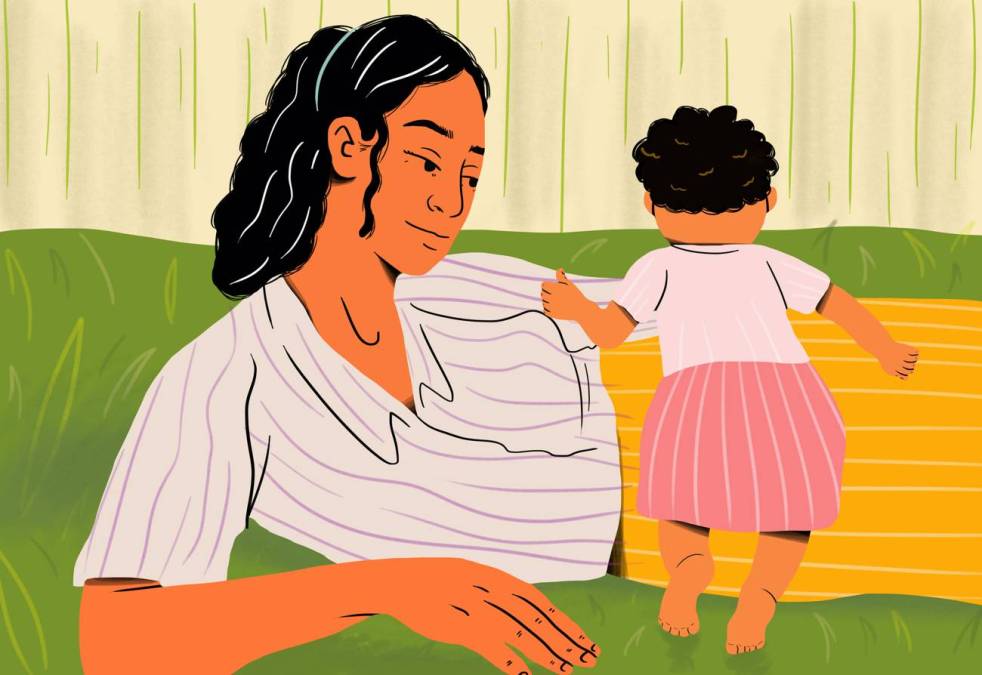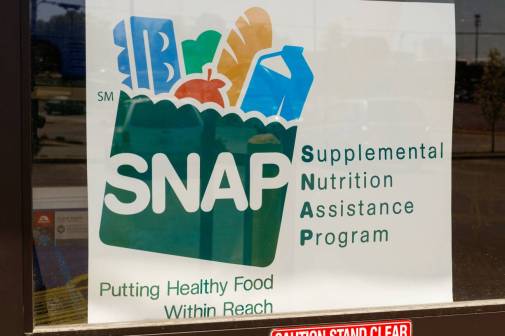States brace for potential upswing in WIC demand

Ahead of the cessation of support for the federal Supplemental Nutrition Assistance Program on Saturday, state agencies managing the Women’s, Infant and Children’s program are bracing themselves for a potentially sharp increase in demand.
Though separate assistance programs, SNAP and WIC share data through adjunctive eligibility, a policy that automatically qualifies people for certain government assistance programs based on their enrollment in other programs with similar requirements. However data-sharing silos between state agencies often prevent vital systems like WIC application portals from seamlessly exchanging information, creating redundancies, delays and added strain in processing applications.
Also managed by the the Agriculture Department’s Food and Nutrition Service, WIC provides nutrition counseling, parenting advice, breastfeeding support and food assistance to low-income families. Households that qualify for SNAP are presumed to also meet WIC’s income requirements.
“Participation in SNAP makes someone adjunctively income-eligible for WIC, but they must still meet WIC’s other criteria. For example, being pregnant, postpartum, or a child under age five, and at nutritional risk,” Roseline Hooks, a spokesperson for the National WIC Association, said in an email.
Hook said WIC verifies SNAP participation varies by state, though some state WIC agencies have access to SNAP data systems and can confirm eligibility directly, while others rely on participants to provide verification.
“At their first WIC appointment, WIC staff can confirm adjunctive eligibility through several forms of verification, such as an eligibility notice, benefits card, or confirmation through a secure database during WIC enrollment,” California Department of Health spokesperson Elizabeth Manzo wrote in an email. “This can make the WIC enrollment process easier for families.”
Manzo added that the state health department, which serves roughly one million Californians, expects to remain fully operational until Nov. 30, and that it’s encouraging residents enrolled in WIC to continue using their benefits “unless your local WIC office tells you otherwise.”
Health officials in Utah and Minnesota have said their WIC programs will continue to be available through November. New York’s WIC program “is not expected to” be impacted by the government shutdown, according to its website. Michigan’s WIC program also remains open.
Colorado Gov. Jared Polis said last week that WIC access had been extended in the state. Colorado WIC said in an update Wednesday that “the program can continue through at least October.”
Though WIC programs are still being funded, more than three dozen advocacy, health nutrition and retail groups, led by the National WIC Association, urged the White House to release an additional $300 million in emergency funds to avoid making families “casualties of congressional inaction.”
The letter came after temporary federal funding that carried the program through Friday is set to run out, due to the ongoing government shutdown. The groups warn that without new funding, many states are projected to exhaust their resources for WIC benefits by the end of November.
“If SNAP benefits are delayed or reduced, many families will have fewer dollars to afford groceries for the whole household, which can increase pressure on moms and young children who rely on WIC,” Hooks said. “WIC is not designed to cover the full household needs that SNAP addresses, so a disruption in SNAP doesn’t just affect SNAP participants. It also puts added strain on WIC families, state WIC agencies, and the broader nutrition safety net.”
On Tuesday, 25 states, including California, New York and Pennsylvania, and the District of Columbia, filed a lawsuit against the Trump administration over the suspension of food stamp benefits. The states are asking a federal judge to order the USDA to provide benefits by tapping into a contingency fund already appropriated by Congress to ensure the assistance can continue.






